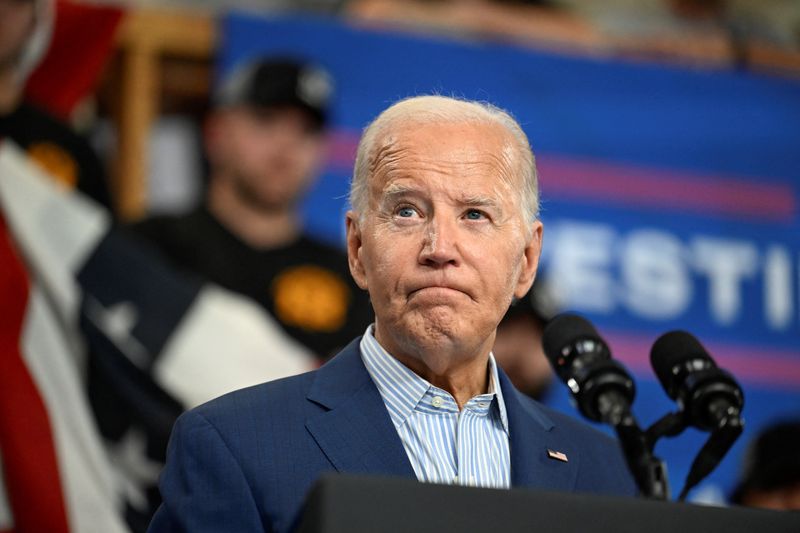Biden administration finalizes rule to strengthen mental health parity law
By Amina Niasse
NEW YORK (Reuters) - The Biden Administration on Monday said it had finalized regulation to help ensure the 175 million Americans with private health insurance have access to affordable mental health services.
The 2008 Mental Health Parity and Addiction Equity Act already requires insurers and corporate-backed health plans to provide access and payment structures for mental health care services on par with other medical services.
In practice, that is often not the case, with less than half of U.S. adults with mental illness able to access care in 2020, while nearly 70 percent of children cannot receive treatment, according to studies cited by the administration.
That is partly due to a lack of mental health providers being sufficiently covered by insurance plans, leading patients to pay high out-of-pocket costs or to give up on care.
The final rule, proposed last summer, is aimed at closing the gaps by requiring health insurers to evaluate which mental health providers' services are covered by their plans, how much those providers are paid as well as on how often they require or deny prior authorizations for coverage.
Where needed, such requirements may push health plans to add mental health providers to networks, according to a senior administration official. Most of the new regulation will take effect in 2026.
Patients enrolled in private health plans paid an average $1,500 per year in out-of-pocket costs for mental health care, double the amount paid by those without mental health conditions, White House Domestic Policy Advisor Neera Tanden said in a briefing.
Often that is because they seek coverage from out-of-network providers, she said.
"It shouldn't be harder for you to find a provider that can treat your eating disorder than it is to find a provider who can treat your ulcer," said Lisa Gomez, Assistant Secretary at the U.S. Department of Labor.
The Department of Labor regulates corporate-sponsored health plans under the 1974 Employee Retirement Income Security Act, or ERISA.
The ERISA Industry Committee, a trade council representing U.S. employers sponsoring large health plans, in October, submitted comments to the Department of Labor, claiming the rule would create an additional cost burden for employer-sponsored health plans and increase healthcare costs for enrollees.
Source: Investing.com
